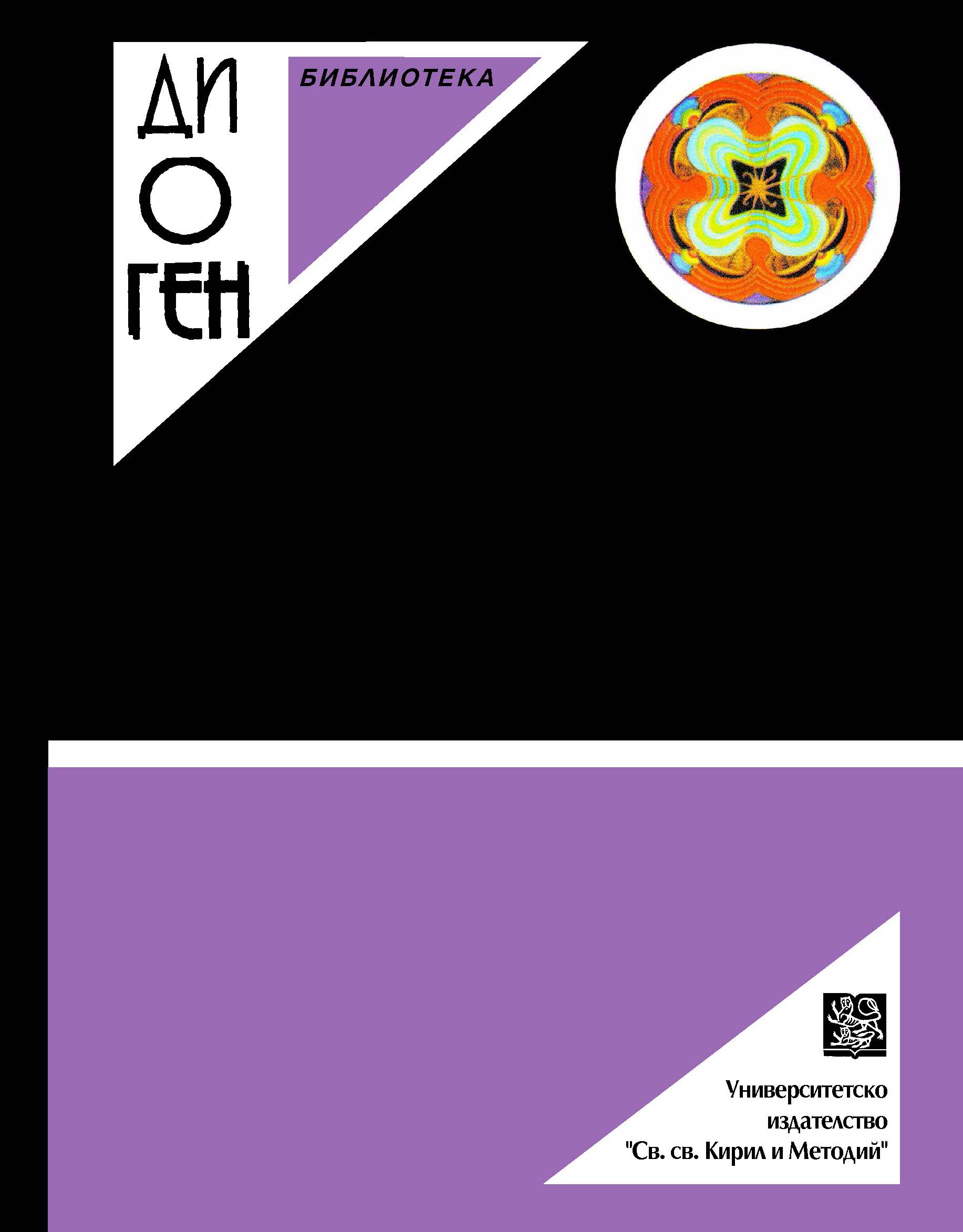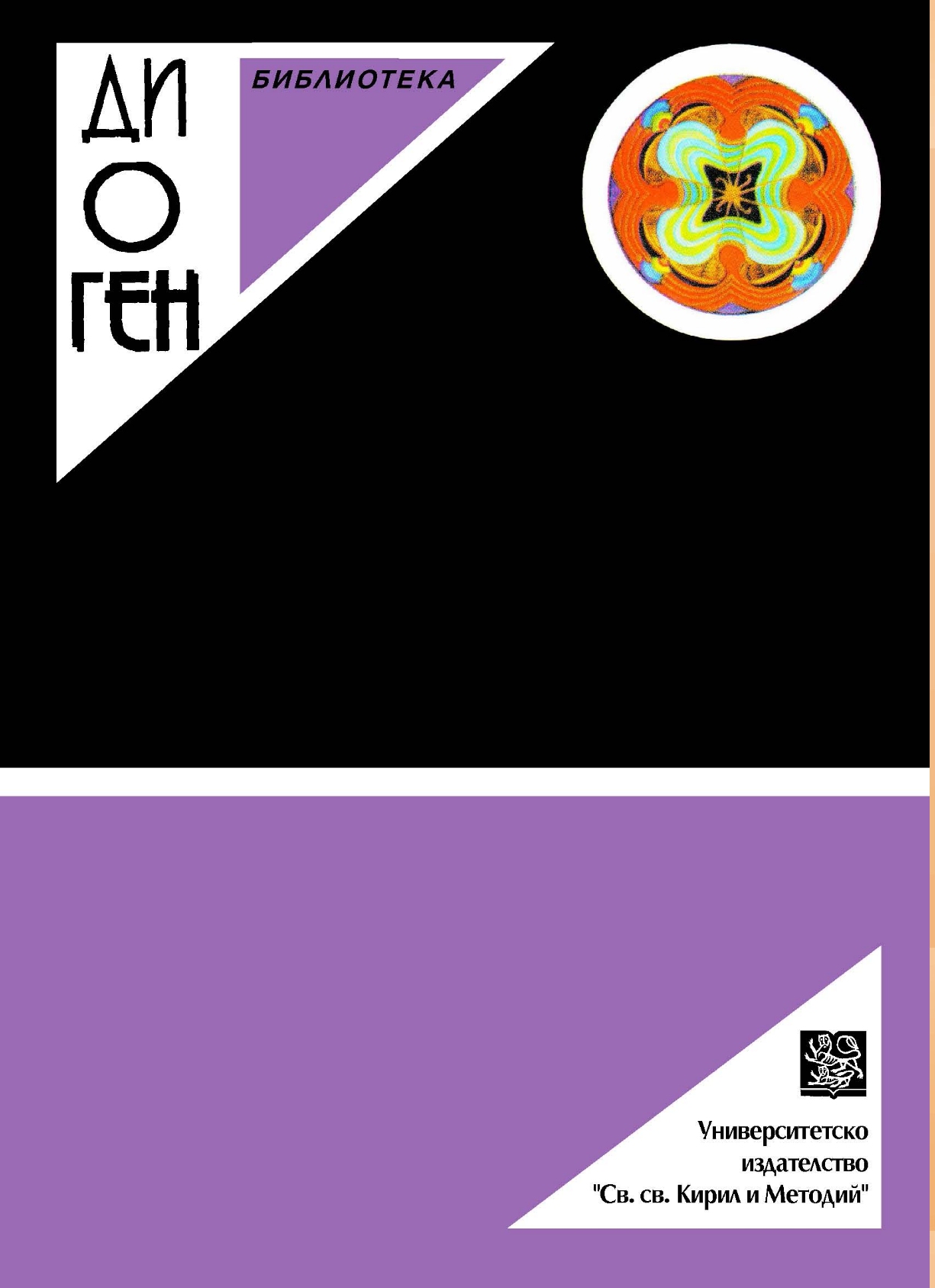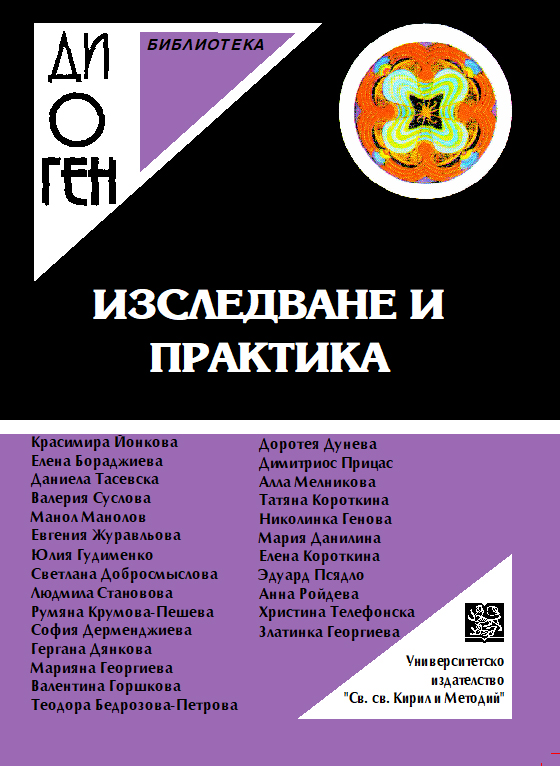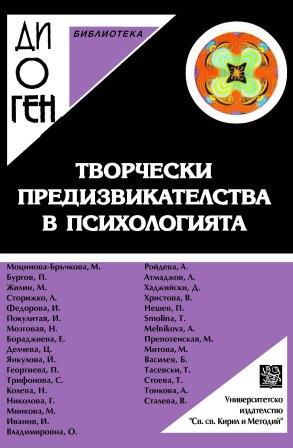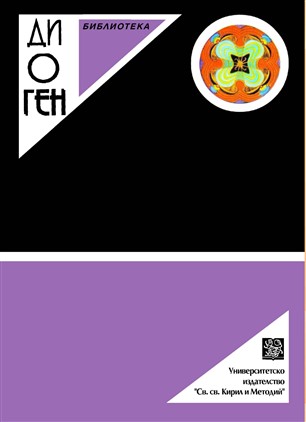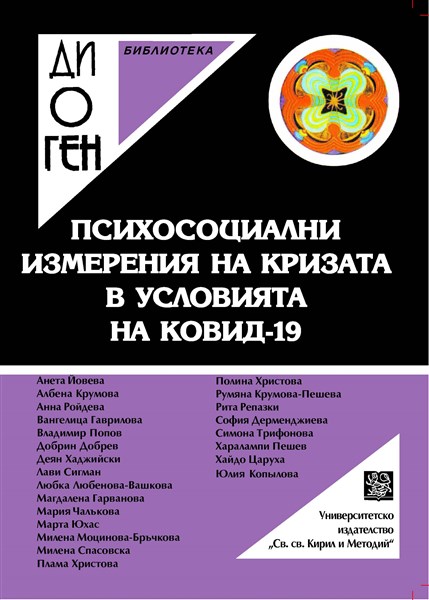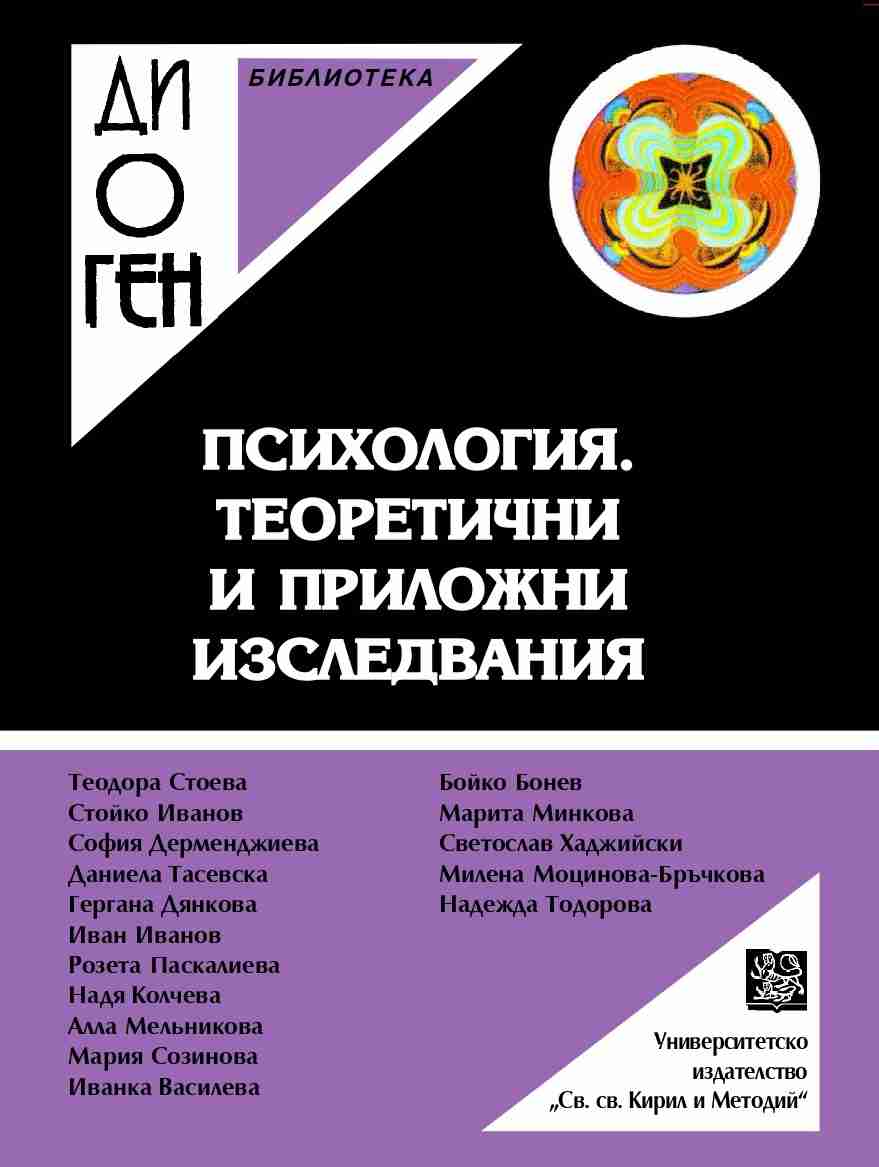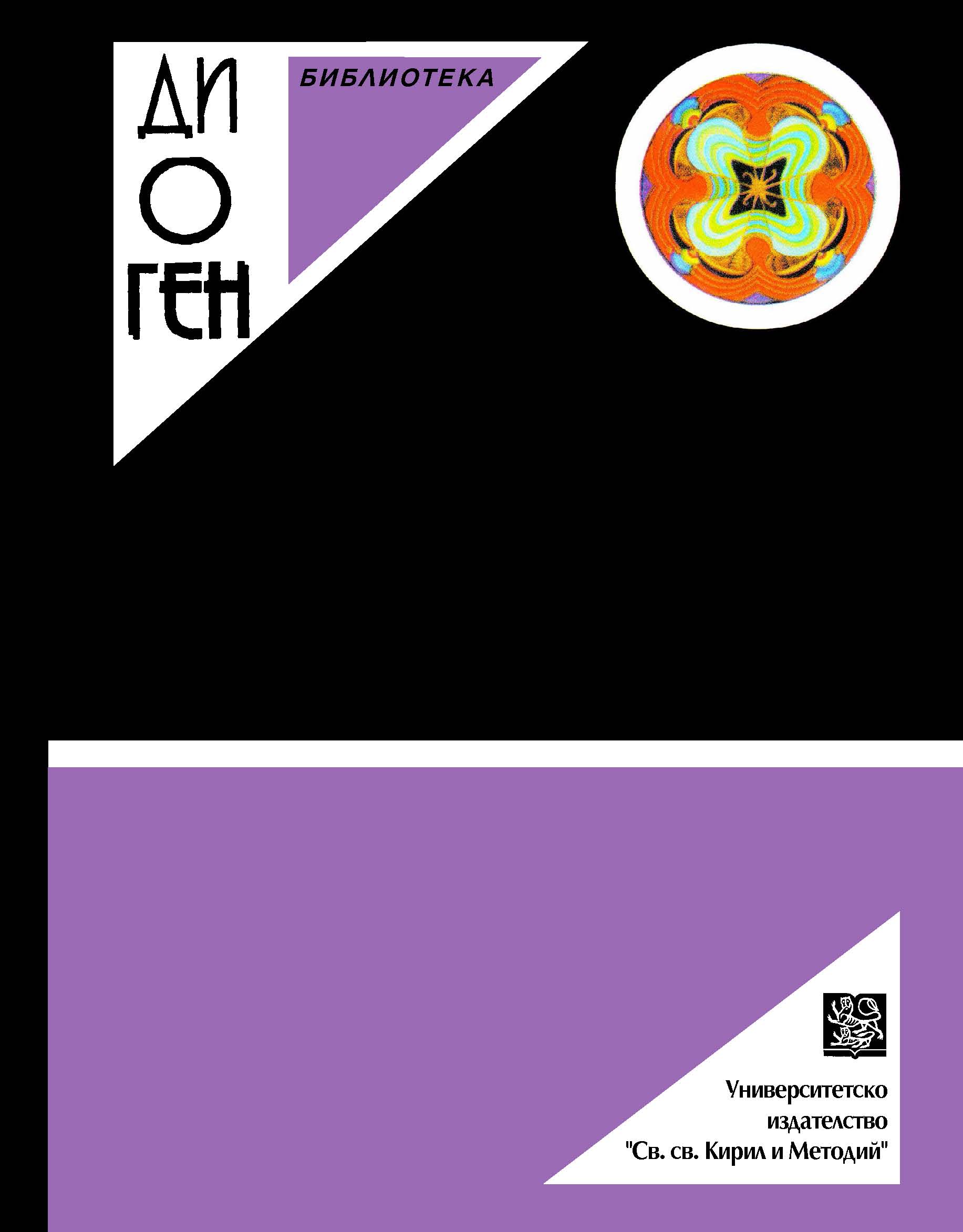
Die Revolte der Psychologie (Бунтът на психологията)
The article presents the idea of the critical psychological approach in order to reformulate the theoretical perspectives of traditional western psychology. Grounded is the necessity of cardinal methodological transformation of the conventional paradigm by focusing on transpersonal mental regulators of thinking and behavior, both individually and collectively. The fundamental difference is shown which characterizes critics of ethnic, political and historical rationalism. Explained are the interpretetional mechanisms of massive social, political and historycal facts in the discourse of a more modern and authentic crosscultural psychology.
More...
